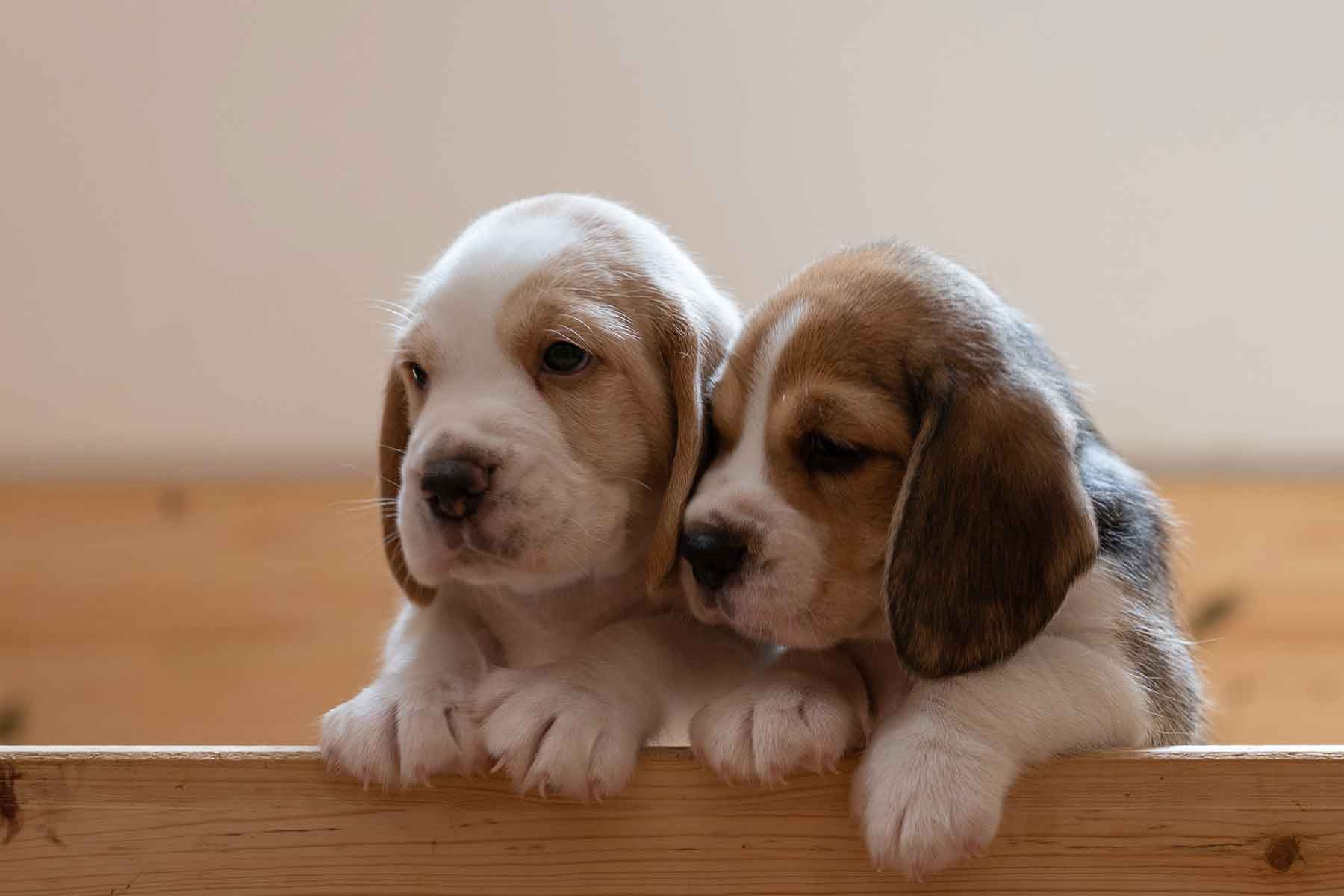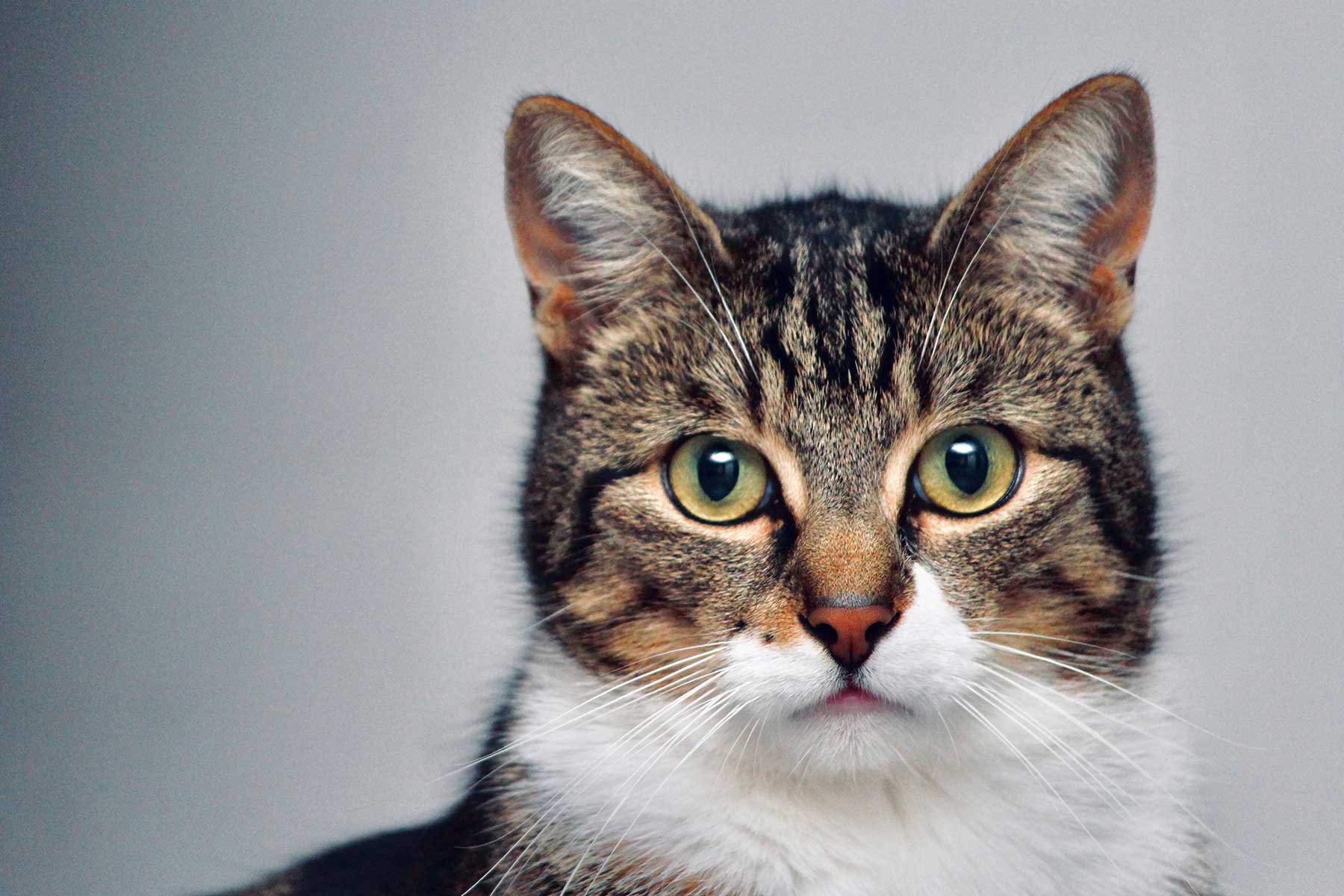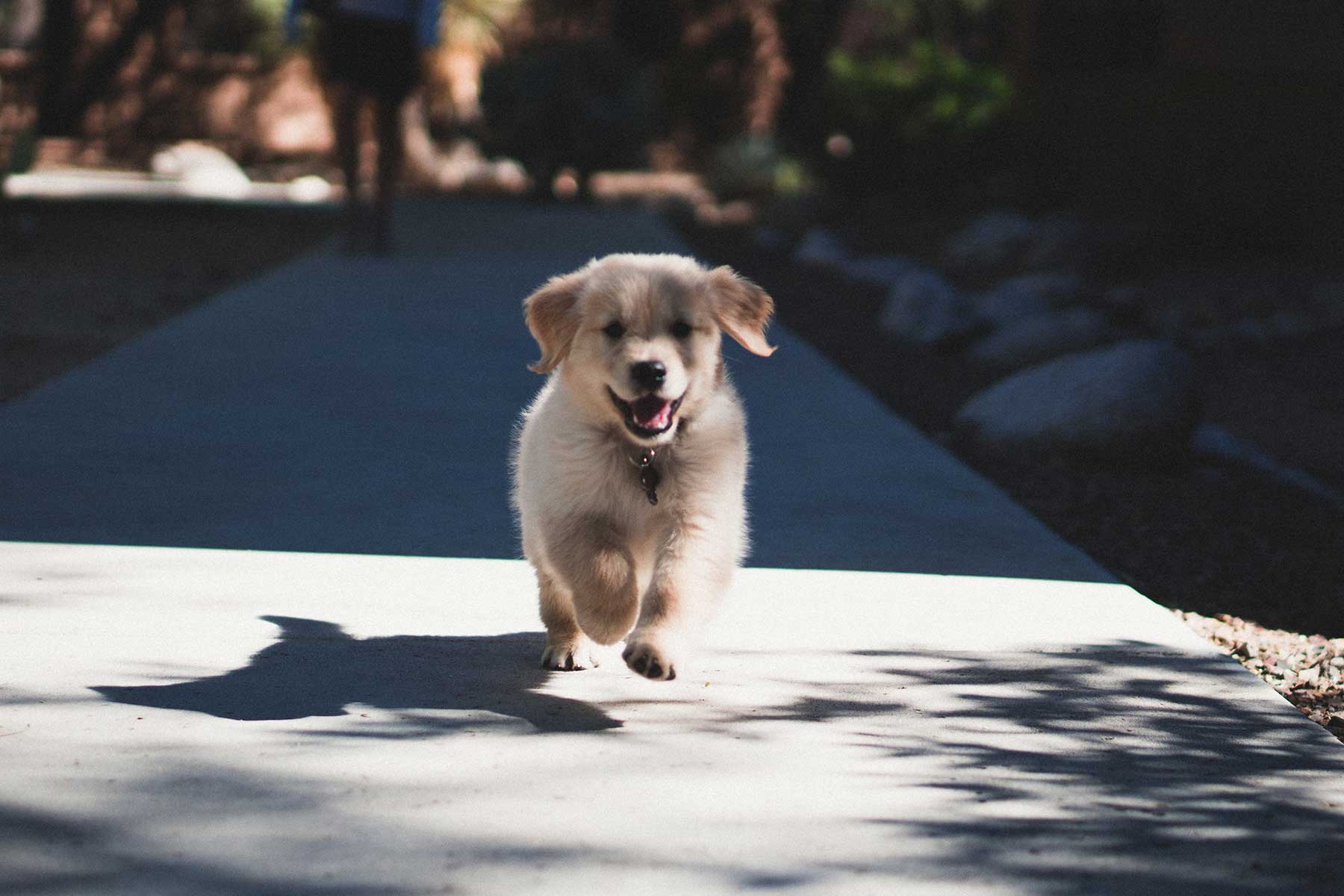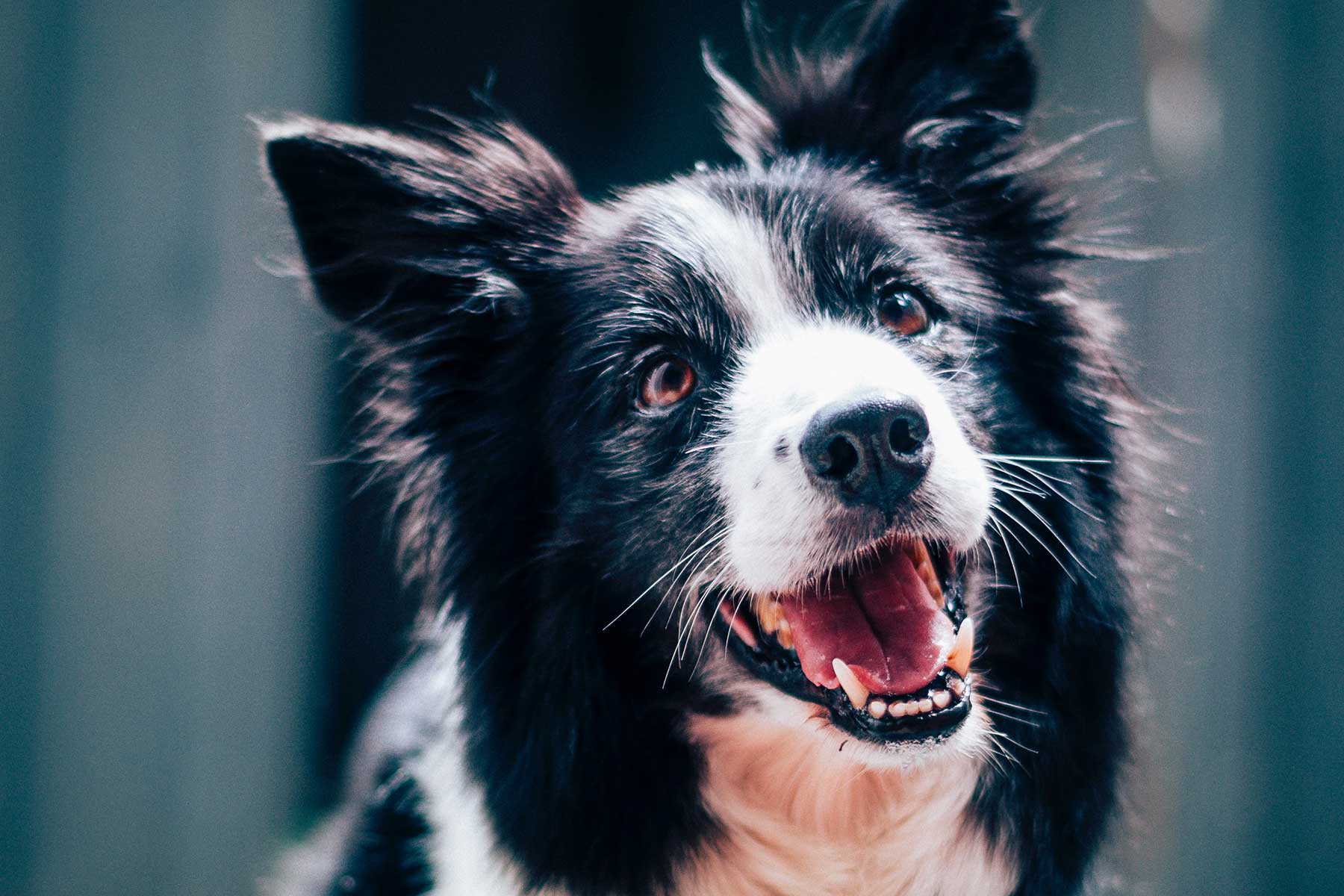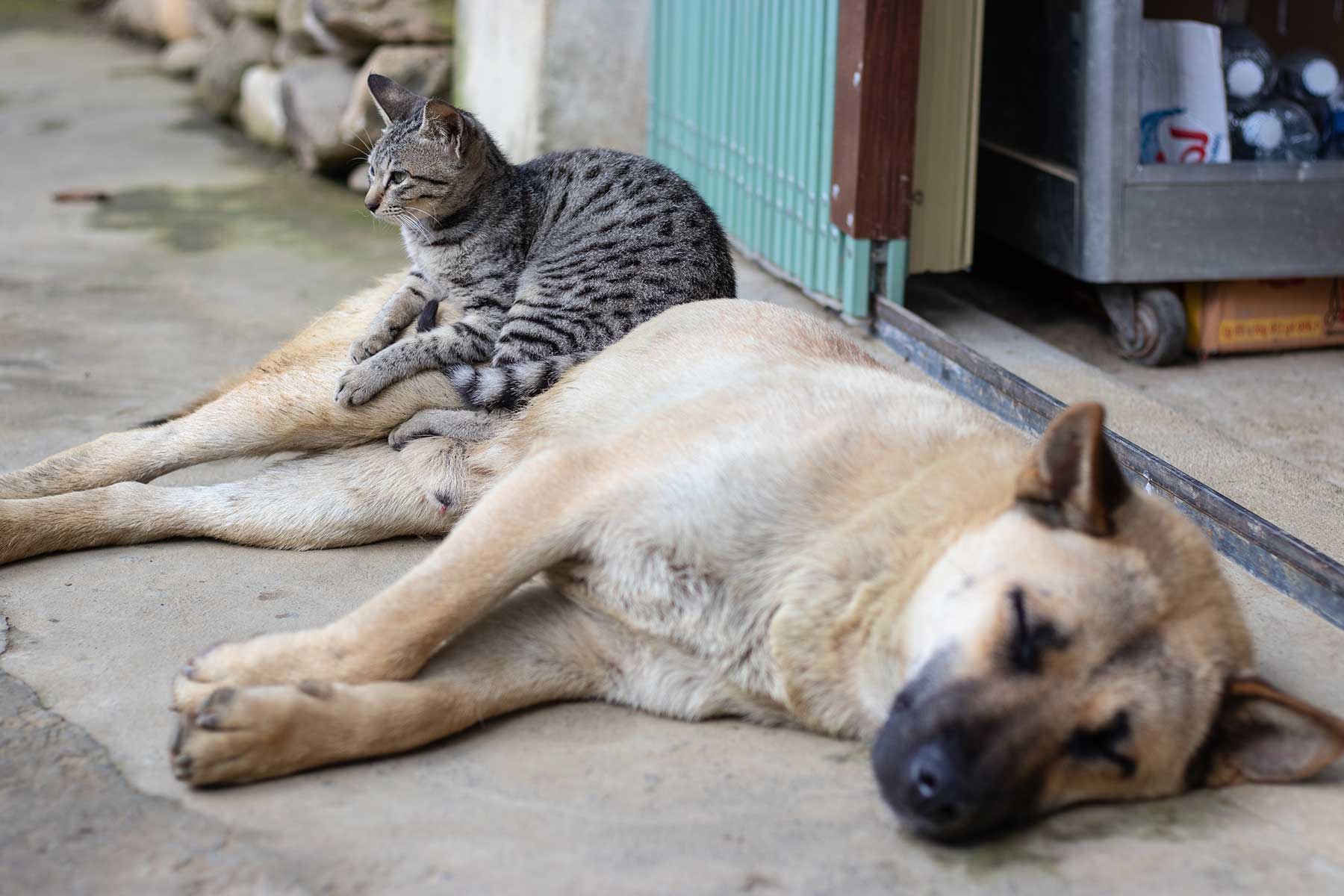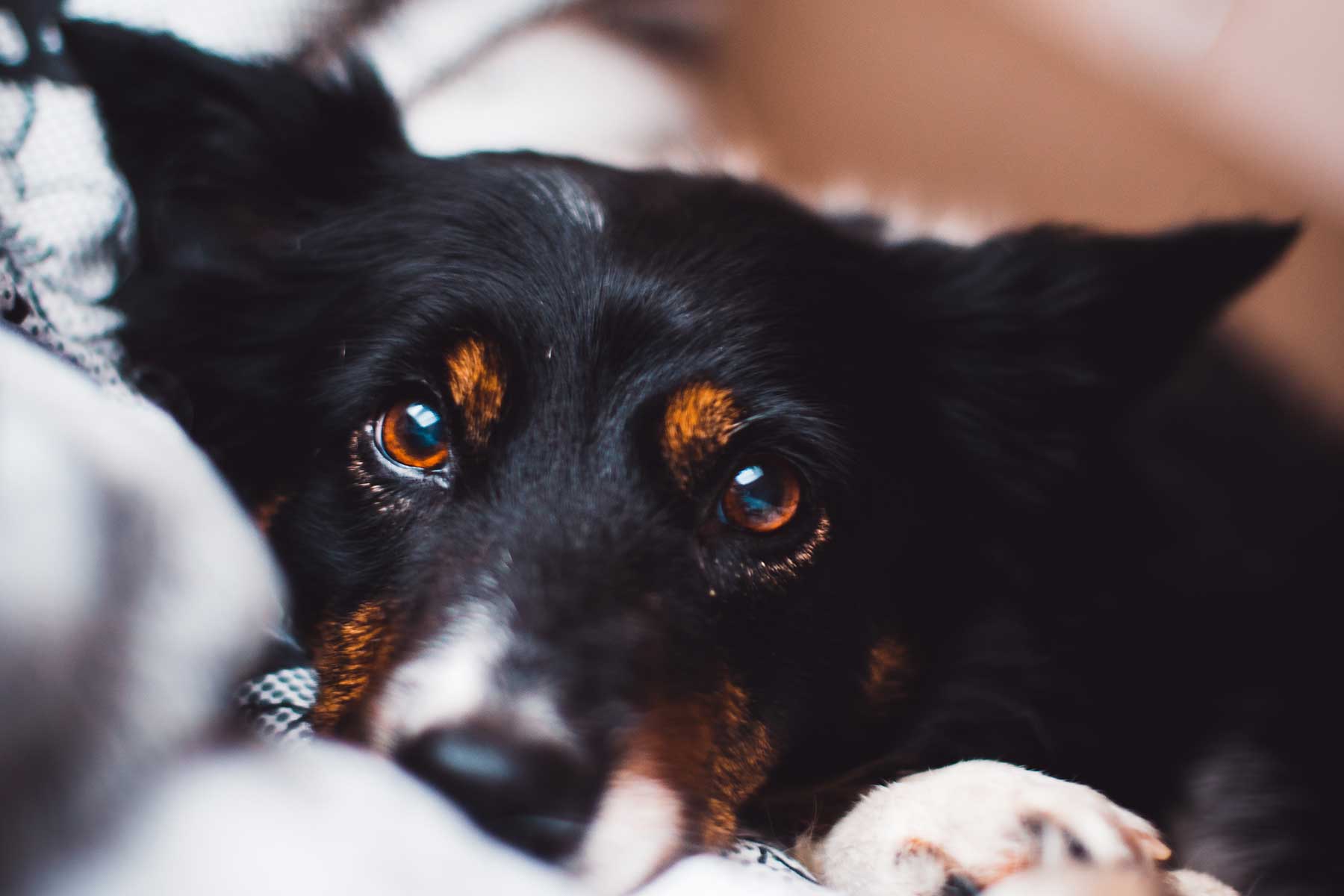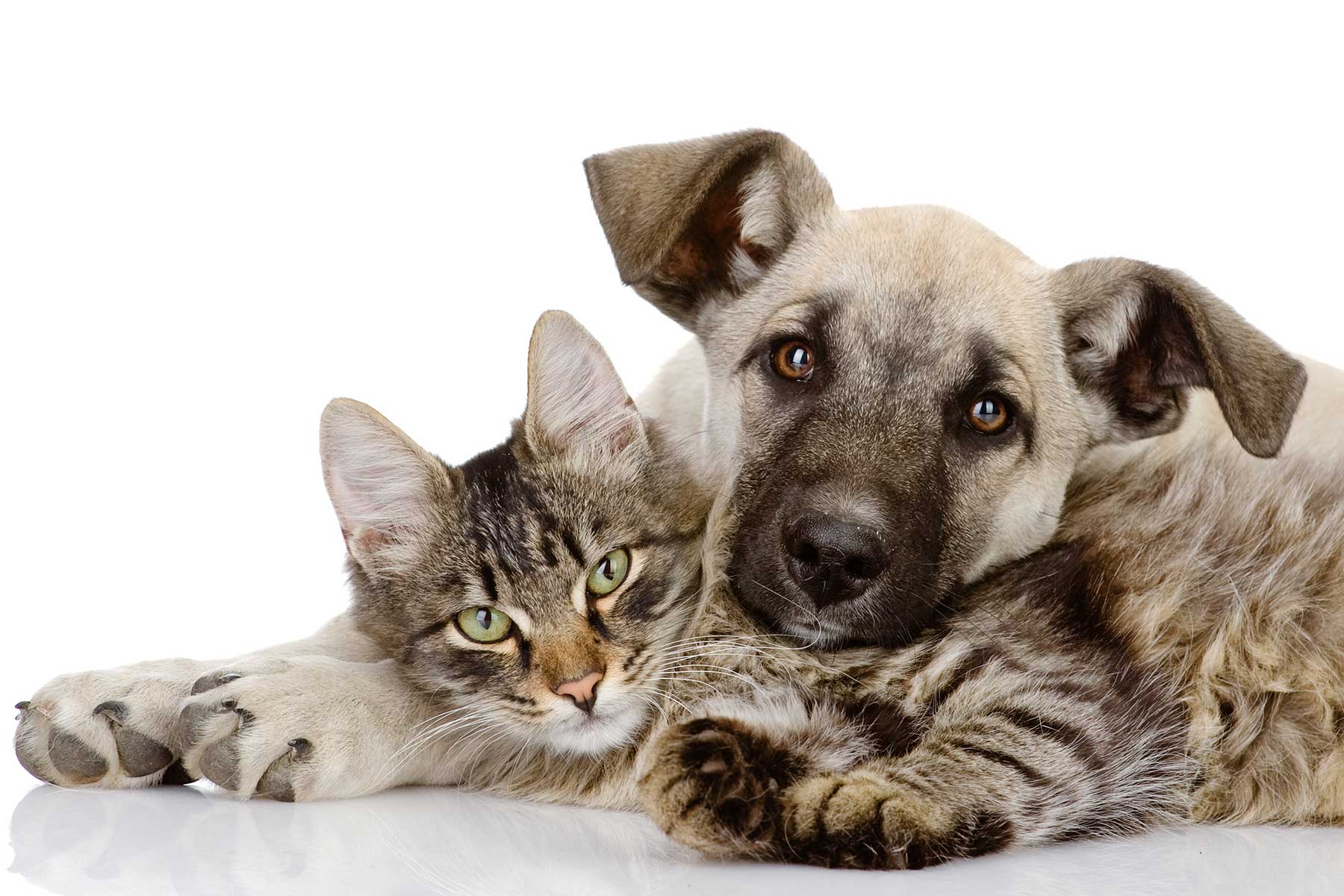Depending on the type of procedure, recovery from an anaesthetic may take a little time. You can assist your pet at home and aid them in their recovery by making sure they are warm and comfy, they have access to food and water and that they are given their medications as directed.
The anaesthetic was administered through an intravenous injection in the front leg (you may notice a clipped area on the foreleg) and by gas through a special tube via the mouth into the lungs. Occasionally this tube causes some irritation, which results in a mild cough following surgery. This usually clears up within 24 hours. If it continues we ask you to please contact our staff.
Your pet seems very sleepy, is this normal?
The general anaesthetic and/or sedative can take a number of hours to wear off and in some cases can cause patients to appear drowsy for a day or so. Over the next day or two their behaviour should return to normal.
Can you feed your pet tonight?
Ensure that your pet has access to water and offer a small amount of food the first night. However, if your pet refuses to eat do not be overly concerned, as the anaesthetic can cause loss of appetite. If your pet is not eating within 24 hours please contact the hospital. Occasionally animals may vomit after eating on the first night, so be sure to offer a small meal. Following dental procedures, offer soft food for the first few nights.
Something is not right: what should you do?
If you have any doubt about the health of your pet following surgery, please contact our hospital immediately to speak to one of our healthcare team.
Signs you may see that can indicate problems include:
- Lethargy and/or vomiting (particularly after 24 hours)
- Excessive redness and irritation around the surgery site
- Swelling or lumpiness around the surgery site
- Bleeding or discharge from the wound

